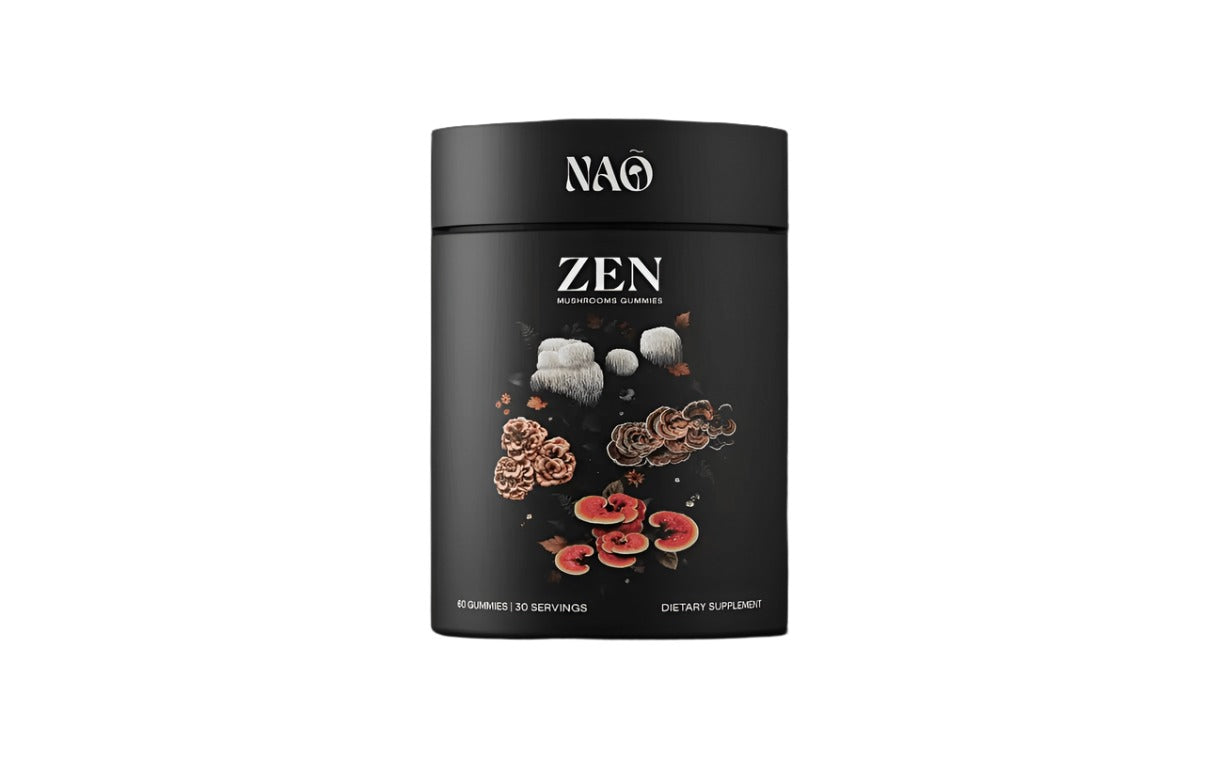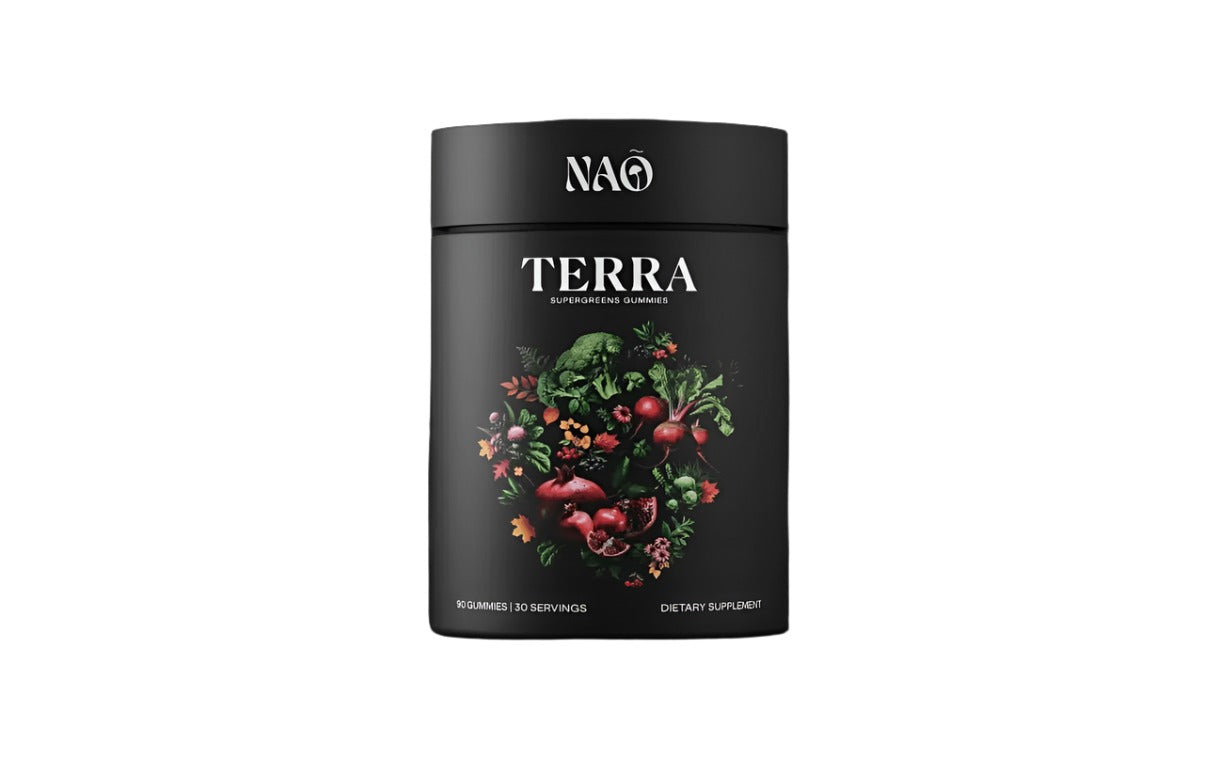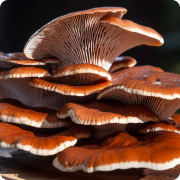Supplementing with probiotics and dietary fiber has become a very popular way for people to attempt to manage their gut health. One popular question, however, is, can they be taken together, and do they work even better this way? The good news is that yes, you can take both at the same time. Actually, often they complement each other, enhancing the overall benefits.
While probiotics introduce good bacteria into your gut, they have a balancing effect on your microbiome, helping digestion. Meanwhile, fiber is a kind of prebiotic: it feeds those healthy bacteria and enables them to grow in number. You are basically creating an increasingly hospitable environment for gut bacteria by combining the two.
However, one should always be aware of how one’s body reacts. Some people will experience minor bloating or discomfort when taking two supplements at the same time. Building up gradually can help reduce these effects.
So, can you take probiotics and fiber supplements together? Start helping your digestion today by incorporating them both into your daily routine!
The Role of Probiotics in Gut Health
Since gut health is very important in every respect, probiotics are considered some of the most helpful bacteria. These helpful bacteria not only help balance out your gut microbiome but also are responsible for a number of health benefits. From improving digestion to a boost in your immunity, they are considered vital for a well-functioning digestive system.

What Are Probiotics?
Probiotics are live microorganisms, particularly good bacteria, which, when administered in adequate amounts, confer health benefits. These "good" bacteria naturally reside in your gut and also come through specific foods and supplements. They maintain the balance of your gut microbiome by keeping the bad bacteria under control for a smoothly running digestive system.
Maintaining a Healthy Gut Microbiome
Your gut microbiome is a complex community of microorganisms inside your digestive tract. It is quite simple to figure out that keeping that balance real is of immense importance with the help of probiotics. If your gut is under a lot of stress, or you are on a diet which is especially bad and full of antibiotics, the bad bacteria overcome the good one. Probiotic supplements replace the lost good bacteria to restore the balance so as to improve digestion and nutrient absorption.
Benefits of Probiotics
Probiotics have a number of benefits, which include relief from bloating, improvement in regularity, and soothing irritations that come with disorders like IBS. Moreover, probiotics encourage an increase in your immune system through improved gut barrier function against infectious elements. In fact, the continued ingestion of probiotics has been observed and documented to build resistance against gastrointestinal infections, thus maintaining overall health in the gut that leads to a healthy digestive system.
How Fiber Supports Digestion
Fiber is a very important component of your diet; it primarily plays the role in the body of smoothing digestion and maintaining gut integrity. While most of the time, fiber promotes regularity of movement, it is also a prebiotic-the food for the good bacteria inside your gut. Knowing how to make out these different types of fiber will give one more awareness of making good choices to help improve digestive health.
Let’s go on to discuss why to take fiber supplements.
Soluble vs. Insoluble Fiber: What’s the Difference?
There are two major types of fiber: soluble and insoluble. Soluble fiber dissolves in water in the stomach and forms a gel-like substance that helps to slow the movement of food through the intestines. Foods high in soluble fiber include oats, beans, and apples. Food containing this type of fiber contributes to regulating blood sugar levels and lowering cholesterol by allowing proper digestion through giving bulk to the stool.
Insoluble fiber does not dissolve in water. Instead, it adds bulk to stool and helps speed the food along the stomach and intestines. It's present in whole grains, also in nuts, and vegetables like carrots and cauliflower. This type of fiber helps most to prevent constipation and helps avoid irregular bowel movements.
How Fiber Aids Digestion
Both types of fiber are critical to healthy digestion; both types help to regulate the movement of food through the intestinal tract and maintain healthy elimination. Soluble fiber also prevents some carbohydrate and fat absorption, blood sugar spikes and lowers cholesterol will occur more slowly allowing for better insulin management and blood sugar and cholesterol control.
Fiber as a Prebiotic: Fuel for Gut Bacteria
Besides being used in the process of digestion, fiber plays the role of a prebiotic-used by your good bacteria for nutrition. In other words, the friendly bacteria ferment fiber and produce short-chain fatty acids as an end product to feed the cells in the colon and keep it healthy. As a matter of fact, feeding these good bacteria helps fiber to be quite useful for the proper balance of gut microbiota, enhancement of digestion, and boosting overall health.
Probiotics and Fiber: A Perfect Match for Gut Health
Actually, probiotic supplements and fiber create a symbiotic effect on gut health when combined. While each independently can have functionalities, taking them together will ensure the maximum effect: enhanced digestion and a balanced microbiome. Now, let's look at how these two friends work together to help your gut.

The Synergistic Effect of Probiotics and Fiber
With supplementation of probiotics, together with fiber, what you are essentially doing is creating an ideal environment for the proliferation of good bacteria. The probiotics will introduce the gut to the beneficial bacteria, while the fiber-mostly soluble fiber-are going to feed these bacteria and act as a prebiotic for them to grow on and multiply. This therefore creates sort of a synergistic effect that assists to enhance the overall effect of the two supplements in that it is much easier for probiotics to establish themselves in the gut and flourish.
How Fiber Helps Probiotics Settle in the Gut
Fiber lays the important groundwork on which the probiotics will take hold in your gut. That is where fiber feeds the bacteria once the probiotics reach your stomach, thus allowing them to survive and multiply therein. Since fiber provides nutrition for such beneficial bacteria, this ensures that the probiotics maintain a healthy population that can continue to support long-term digestive health. However, without the fiber, the probiotics tend to fare pretty poorly, often shrinking the overall benefits.
Benefits of Combining Probiotics and Fiber
Generally speaking, a combination of both probiotics and fiber has several advantages in the case of gut health, observed through several mechanisms such as the following:
- Reduced bloating by enhancing digestion processes and avoiding the build-up of gas;
- Facilitating bowel movements easily without much trouble, allowing easy passage of food through the digestive tract;
- Balance of gut microbiota through healthy bacteria colonization of the gut and thereby keeping off many other gastrointestinal complaints, thus maintaining good gut health.
Probiotics, apart from fiber, represent a very natural way of ensuring that your digestive system stays well taken care of, for overall wellness.
The Best Way to Take Probiotics and Fiber Together
While fiber and probiotics can make a great combination to boost your gut health, how you consume them makes a whole lot of difference. To get full benefits from both, there is the need to observe the right routines and guidelines. Times taken in the daily schedule could help an individual know how to ensure they're maximizing both supplements. Let's delve into some practical ways of taking the two together for maximum results.

Practical Tips for Taking Probiotics and Fiber
The following practical tips will help ensure that you get the full effect of both probiotics and fiber.
- Take them with meals: Probiotics are best taken with food to protect the bacteria as they pass through your stomach. Fiber can also be taken with meals, as it helps bulk up the food and promotes better digestion.
- Stay consistent: Make probiotics and fiber part of your daily routine for long-term digestive health benefits.
- Water intake is key: When taking fiber, especially insoluble fiber, be sure to drink plenty of water. This helps the fiber move through your digestive system smoothly, preventing constipation or bloating.
To maximize the effectiveness of this, you may want to add probiotics to your routine in the morning with your breakfast, and add fiber in at night before bed so it can gradually digest throughout the night.
Choosing the Right Type of Probiotic and Fiber Supplement
Your goal when supplementing is to pick the right type of both probiotics and prebiotic fibers. Here are some things to look for:
Probiotic Strains
Not all probiotics are the same, and different bacterial strains confer different benefits. Variety in strains come in the form of:
- Lactobacillus: Supports overall gut health and improves lactose digestion.
- Bifidobacterium: Helps balance the gut microbiome and reduce symptoms of IBS.
Both strains work amazingly to maintain digestive health and gut balance.
Fiber Types
As for the fiber, preferably psyllium husk. Psyllium is a type of soluble fiber that bulks the stool and aids digestion. Other types of fibers you can consider are oat bran and inulin, which tend to act more like prebiotics, feeding your good bacteria in the gut.
Ideal Timing for Taking Probiotics and Fiber
Timing is everything to achieve the maximum positive effects of fiber and probiotics in the body. They should not be taken altogether, because this can somehow minimize or reduce their effectiveness. It is, therefore, best to take them separately at different times of the day.
- Morning for Probiotics: Take probiotics in the morning with breakfast, when your digestive system is more active. This allows the beneficial bacteria to establish themselves early in the day and work throughout your digestive process.
- Evening for Fiber: Fiber, especially soluble fiber, can be taken later in the day or even before bed. This allows the fiber to work overnight, promoting regular bowel movements in the morning.
These recommendations, along with the addition to your life of probiotics and fiber, will make it easier to maintain gut health for a very long period of time and overall well-being.
Are There Any Risks or Side Effects?
While the combination of the two probiotics and fiber can be of immense benefit to gut health, caution must be observed with regard to dosage in order to rule out any potential side effects. Some may also experience minimal digestive issues in the early stages. The common side effects that might arise are bloating, gas, and abdominal discomfort. This is more than likely your body adjusting to the influx of good bacteria and fiber.
Start with Small Doses
These side effects can be minimized by starting with small dosages of both probiotics and fiber. Increase the quantity gradually, over time, for easy adjustment of the digestive system. The body will build this up in stages, and it will not cause many gut disturbances.
Consult a Healthcare Provider
Pre-existing conditions may include IBS, Crohn’s disease, or any other chronic digestive conditions; thus, if you have one, it would be better to consult with a healthcare provider first before introducing new supplements into your system. A doctor will give personal advice on whether supplement intake is safe and suitable for your health needs.
So, can you take probiotics and fiber supplements together? In most cases, the side effects occur for a short duration, and, if properly approached, the long-term benefits of being well digested and maintaining a balanced gut microbiome outweigh the initial discomfort by far.













